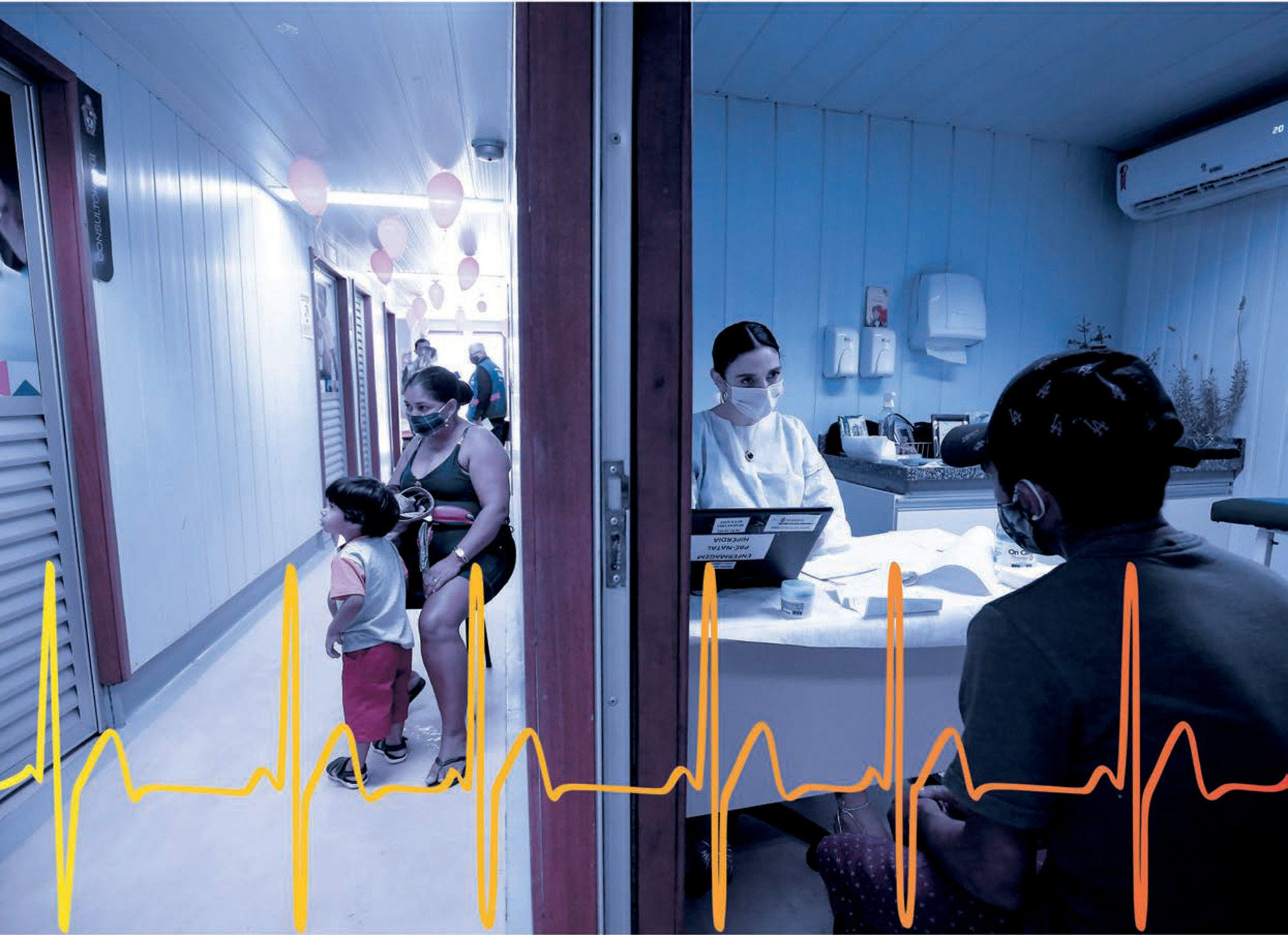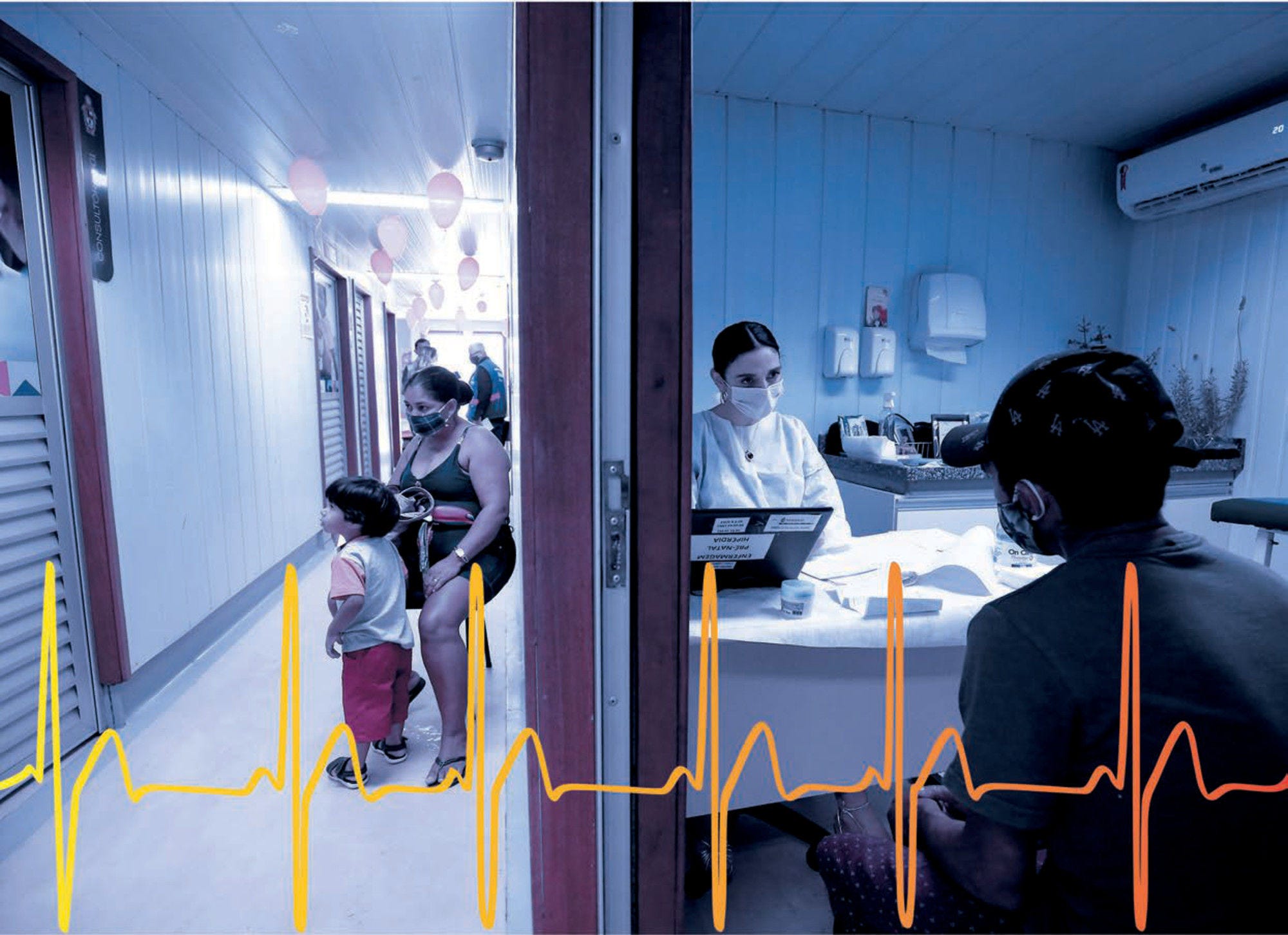In the 30 years since the inception of the Unified Health System (Sistema Único de Saúde, or SUS), Brazil has reduced health inequalities, and improved coverage and access to health care. However, mobilising sufficient financing for the universal health coverage mandate of SUS has been a constant challenge, not helped by persistent inefficiencies in the use of resources in the Brazilian health system. Demographic and epidemiological changes, rising expectations from society, and the emerging needs of a post-COVID‑19 recovery period mean that continued adjustments and reforms are needed to ensure the sustainability of the health system. This review uses internationally recognised indicators and policy frameworks to examine the performance of Brazilian health system. The report points to key actions that Brazil should consider prioritising in the coming years to strengthen health system performance, especially improving efficiency and sustainability of financing, upgrading its health data infrastructure to leverage a digital transformation, and addressing major population risk factors such as overweight and harmful alcohol consumption. A companion publication with a review of primary health care in Brazil further examines the key role of primary health care to improve the performance of the Brazilian health system.
OECD Reviews of Health Systems: Brazil 2021
Report
OECD Reviews of Health Systems

Share
Facebook
Twitter
LinkedIn
Abstract
Executive Summary
In the same series
Related publications
-
 21 November 2024
21 November 2024 -
 Policy paper19 November 2024
Policy paper19 November 2024










